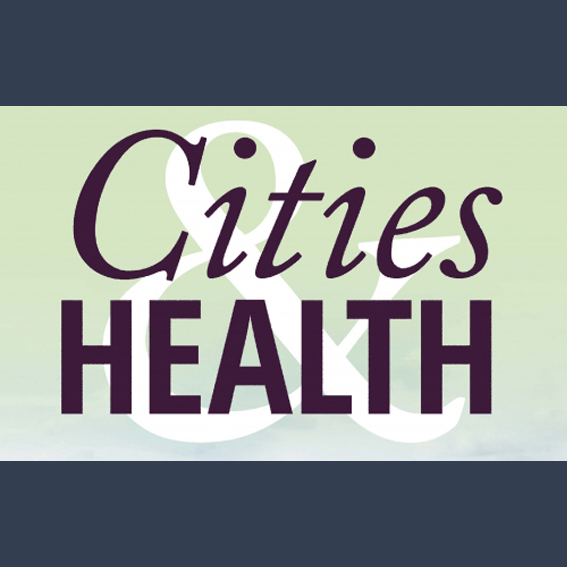Perspectives of planning professionals from India about the inclusion of health as a parameter in planning process
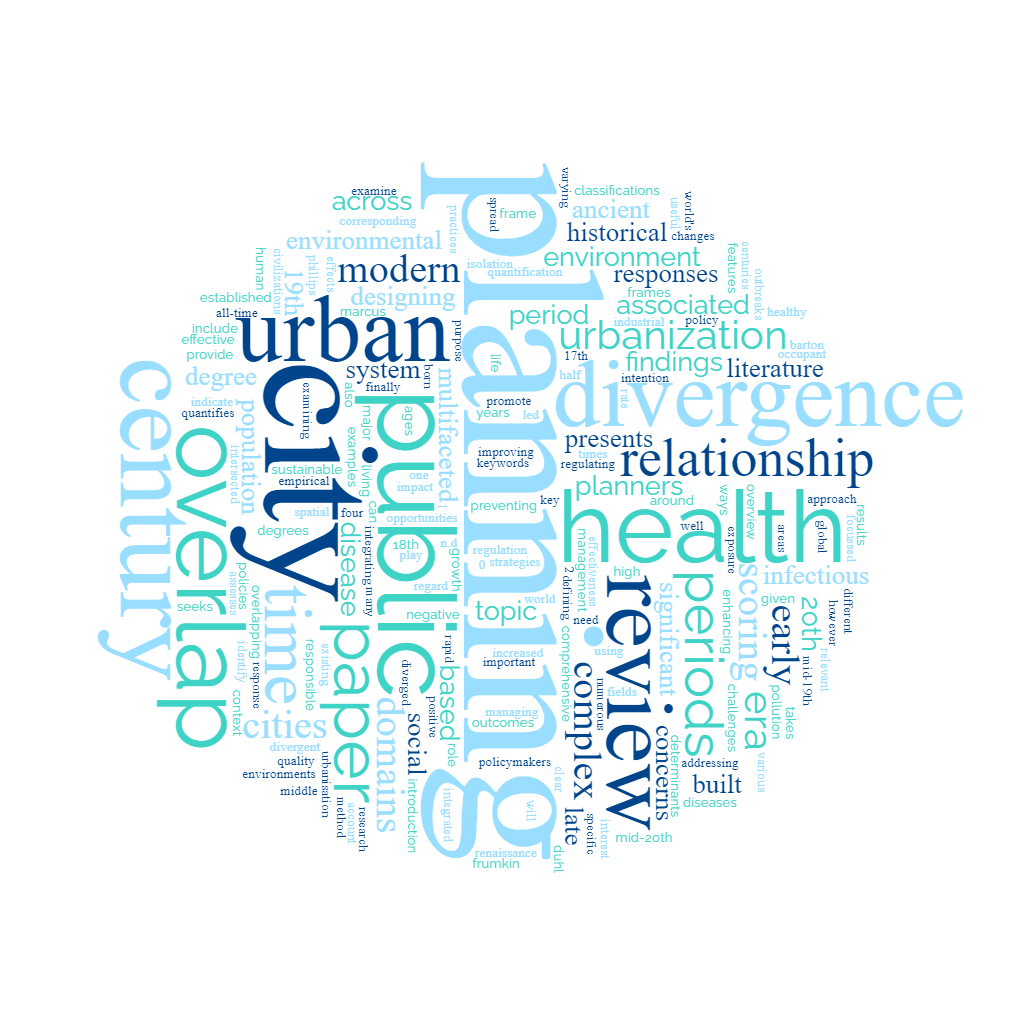
This study sheds light on Indian planners’ perceptions of health integration in urban and regional planning, highlighting implementation obstacles as well as acknowledgement of the topic’s significance.
Can we create a city built both upon proximity and health criteria?

Health has turned into a number one priority in the present city context (e.g. lower emissions, active transportation, sustainable farming). By integrating it with proximity measures (as in the 15-minute city), we can create even healthier cities. Here is how they do it around the globe.
How can sustainability and the needs of citizens be integrated into urban planning processes?
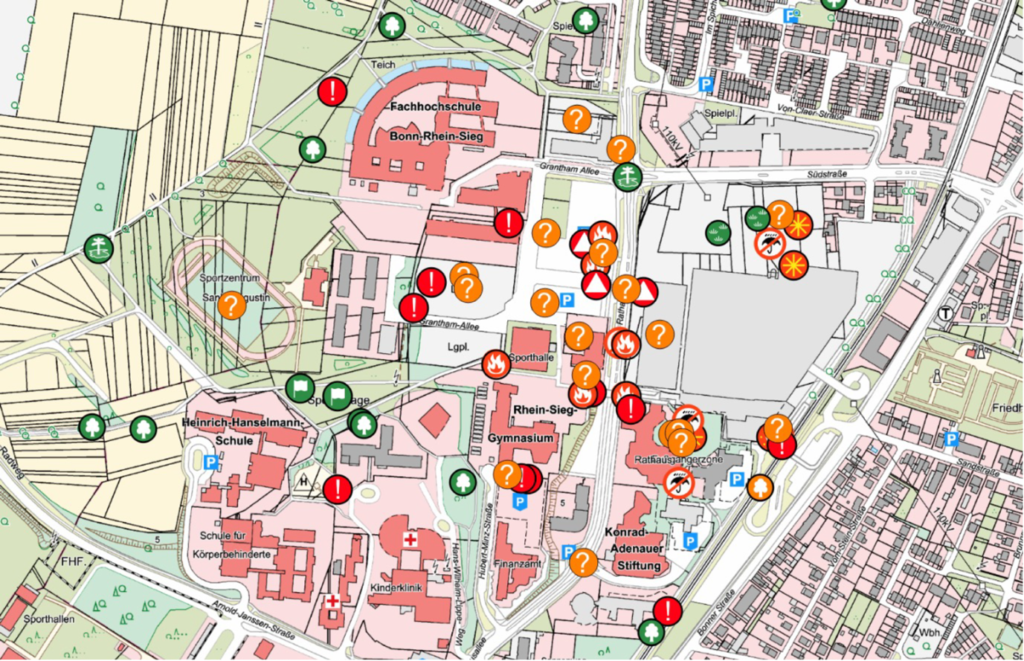
Citizen science projects can form the basis for sustainable and inclusive urban development in accordance with SDG 11. Citizens, researchers and city authorities work together to explore the city and implement urban planning that meets the needs of all those involved in a city.
City health development planning: methodology for creating health-supportive urban settings
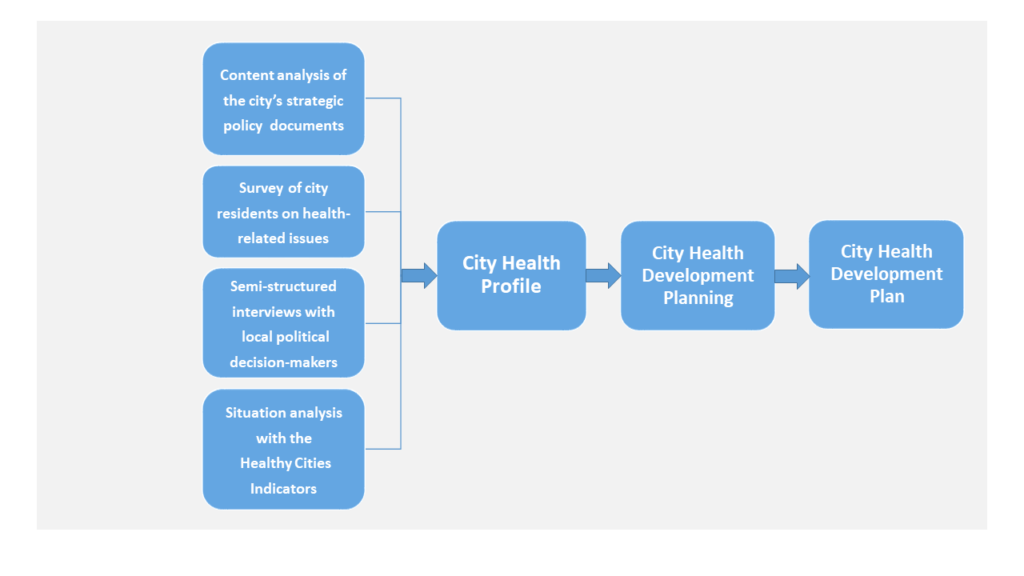
Let’s make our cities health-supporting settings! Hungarian members of the WHO European Healthy Cities Network have developed a city health planning methodology based on two decades of fieldwork. It offers a solution for health experts and decision-makers to bridge the gap between local health needs and challenges in implementing community health initiatives.
Hostility in the city: How hostile architecture may impact the health of the homeless

Death remains an ever-present threat to the unhoused community. Hostile architecture designs like benches with middle armrests or spikes along ledges likely contribute to the massive health disparities homeless individuals face. It’s time to design something new.
A city in need: Analyzing the ongoing dilemma of open defecation in Delhi
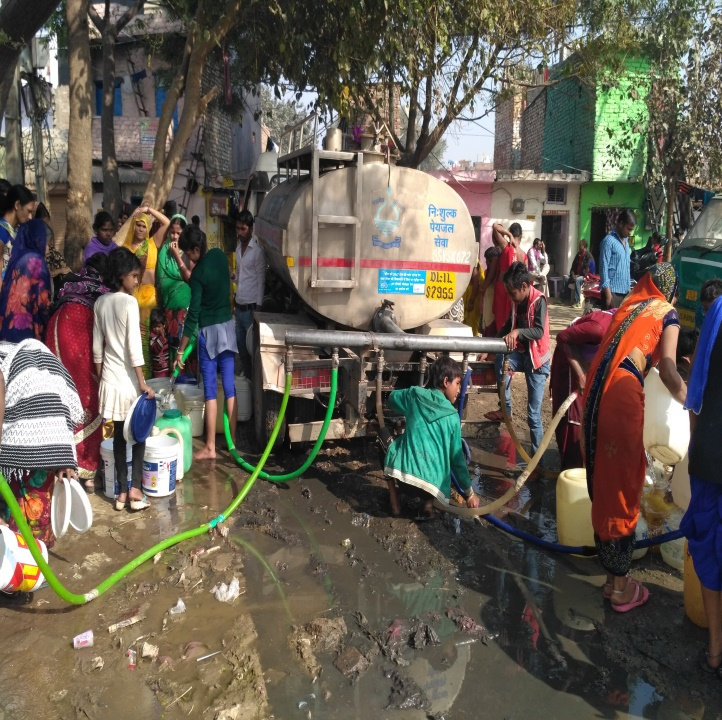
Unveiling the hidden truth behind open defecation in Delhi, this study exposes the role of infrastructural incapacity and institutional failure. With 80% of surveyed households’ still practicing open defecation, the findings underscore the urgent need for comprehensive policies to address the inadequacy of public and household facilities, water availability, and coordination among governmental bodies.
Health impact assessments for healthier urban planning projects

Health impact assessments are a key tool to bridge the worlds of planning and health, but there’s a risk they become a ‘tick box’ exercise with little real-world benefit. Learning from recent practice in English local authorities can help maximise their effectiveness in producing healthier developments.
A fresh framework for moving health knowledge into urban planning action
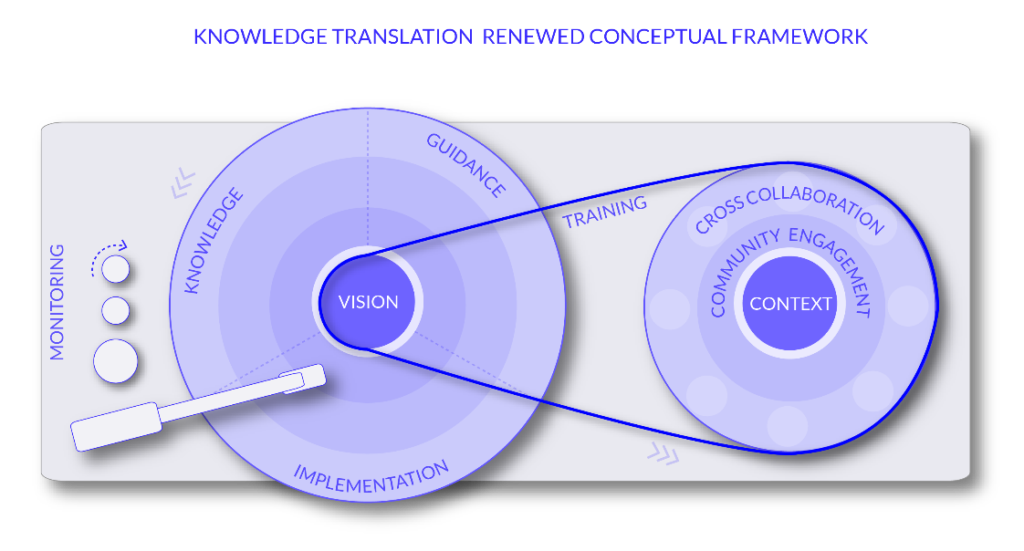
We took a significant step in identifying the existing gaps in knowledge translation for healthy cities and adopting a proactive approach to laying out opportunities for improvement. By developing a visual representation for a renewed conceptual framework, we provide a clear and insightful tool for planners, designers, and policymakers aiming to enhance knowledge translation processes. As a result, this study not only elevates knowledge translation as a field of study for urban professionals but also reinforces its importance in public health.

